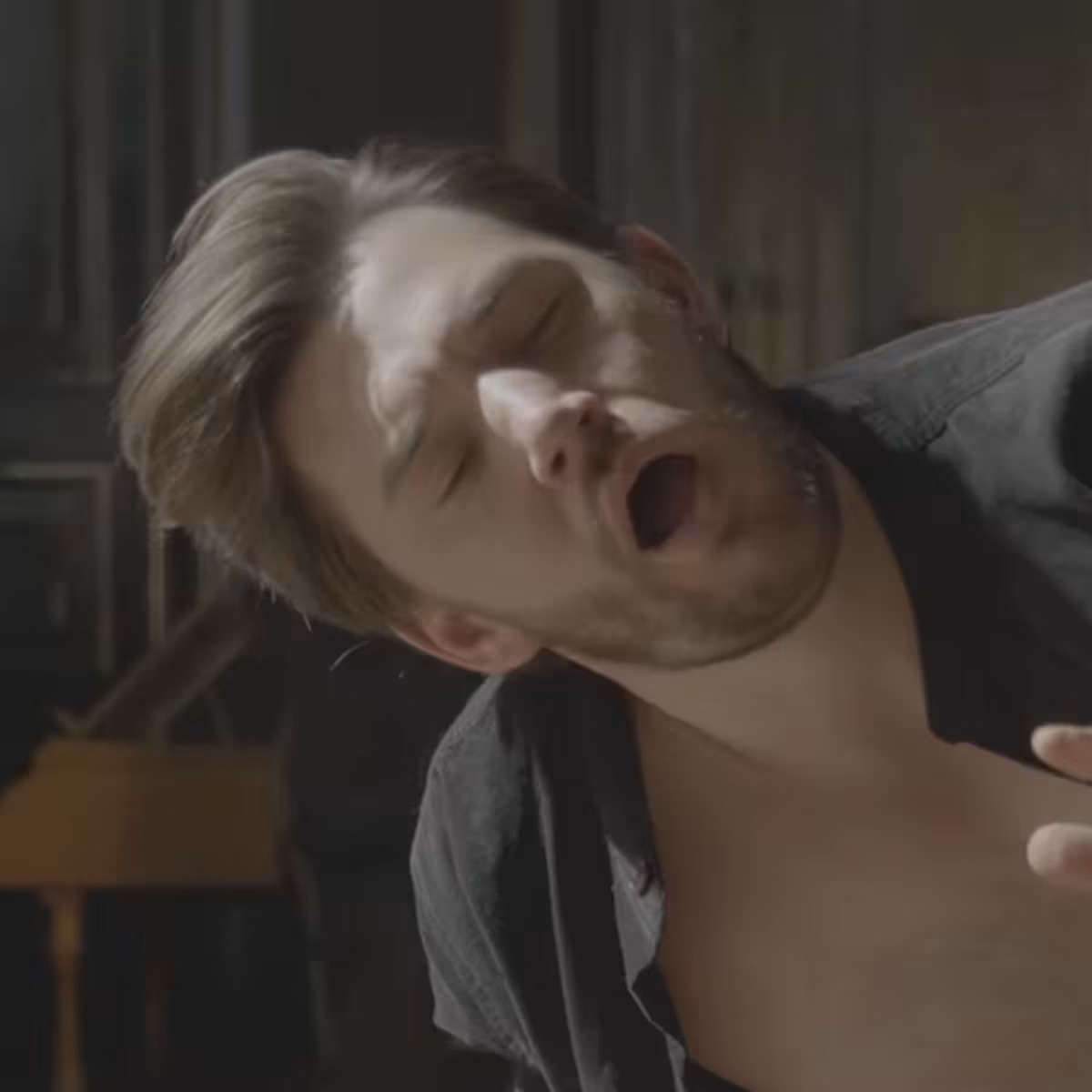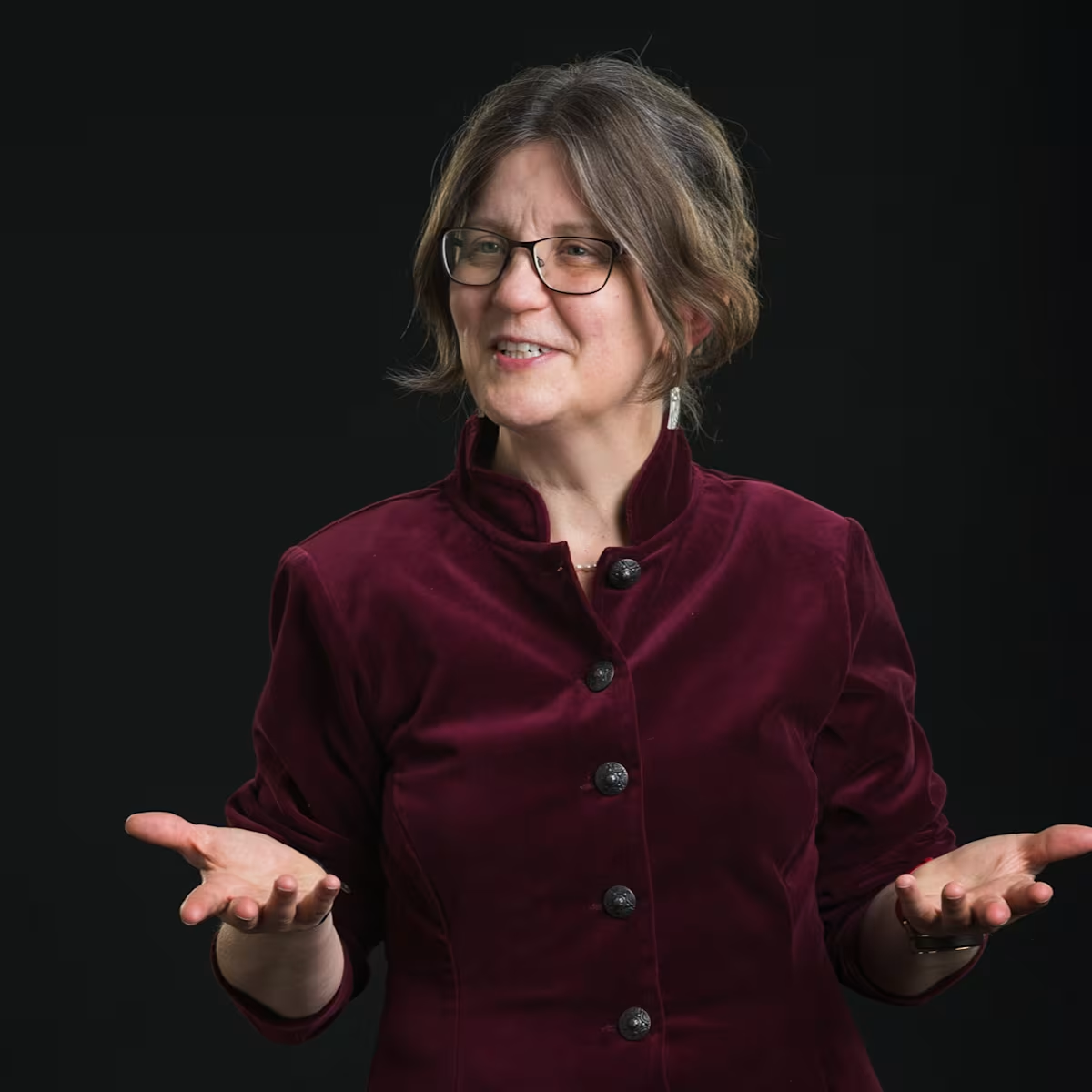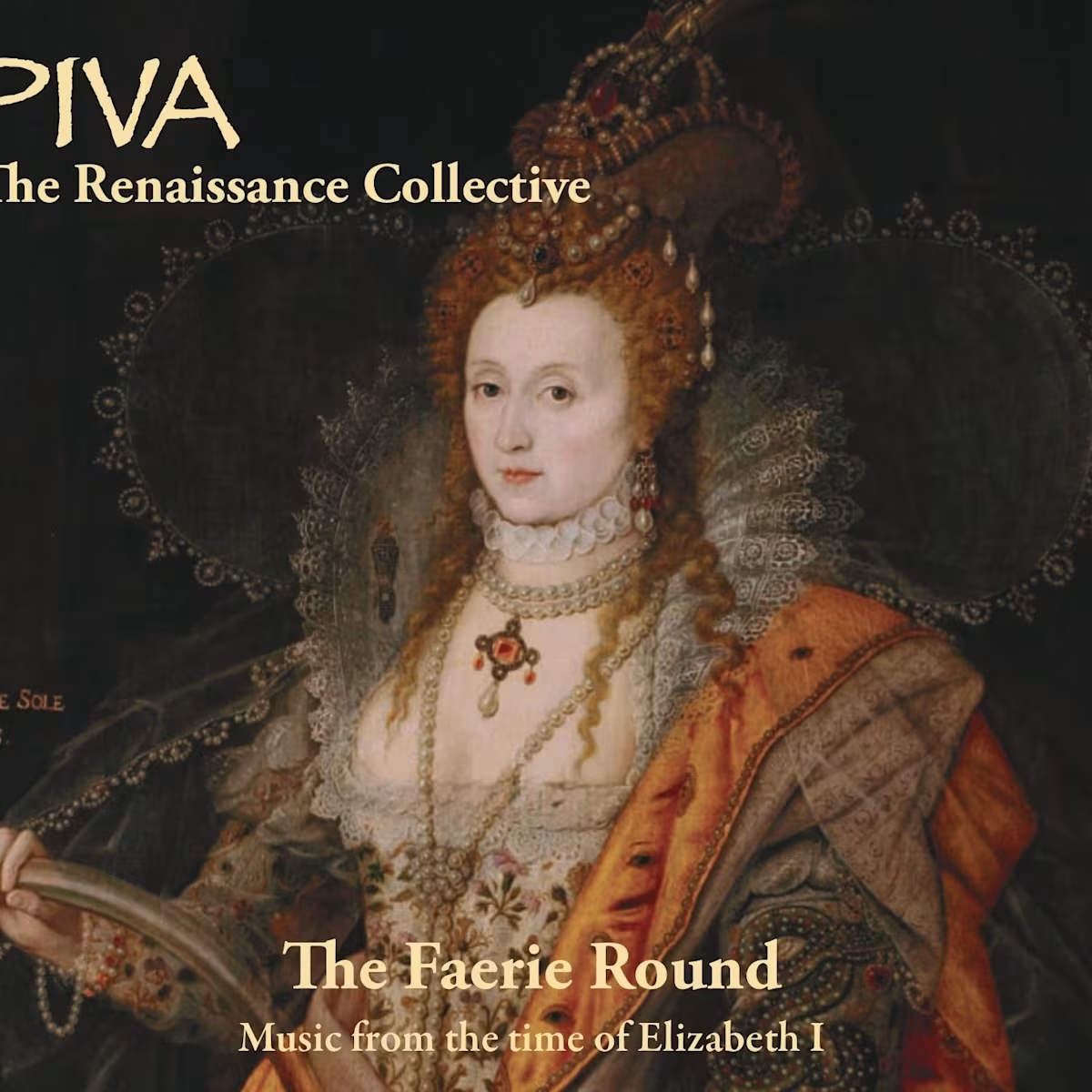Spotlight
In conversation: Joseph Lowe
Share this

British-Spanish Baroque violinist and violist Joseph Lowe is widely recognised for his innovative approach to chamber music and his dynamic presence on both modern and period instruments. A sought-after orchestral and chamber musician, Joseph has performed at many of the world’s leading venues with renowned period ensembles - from the Royal Albert Hall, London and the Concertgebouw Amsterdam with the Academy of Ancient Music, to the Festspielhaus Baden-Baden with the Balthasar Neumann Ensemble, as well as with the Gabrieli Consort & Players and Florilegium.
Raised near Madrid, he began his musical training in Spain before moving to London, where he studied with Bojan Čičić at the Royal College of Music as a scholar. He later completed his studies with Pavlo Beznosiuk at the Royal Academy of Music, where he now holds a Fellowship in the Historical Performance Department. A passionate chamber musician, Joseph is a core member of the Lowe Ensemble with whom he is currently preparing a concert tour across the UK supported by Continuo Foundation. He performs on a Tyrolean baroque violin from c. 1758, generously loaned to him by the Royal Academy of Music.
Please tell us a little about the creative process behind the FANDANGO video project.
The FANDANGO project was something that we had been planning for a long time, and we were thrilled when Continuo Foundation made it possible through their support. My siblings and I grew up in San Lorenzo de El Escorial, northwest of Madrid, where we began our studies at the Padre Antonio Soler Conservatory – named after the very composer of this piece, who lived and worked as Master of Music at the Monastery of El Escorial. Soler’s Fandango has always been special to us, and after admiring performances like Jean Rondeau’s harpsichord version, I wanted to reimagine it for our family ensemble.
I arranged it for strings, guitar, and castanets to highlight the dance-like characters of the piece, with Isaac Harari recording percussion and the brilliant Danny Murphy on guitar, who will also join us on our upcoming UK tour (also funded by Continuo Foundation through a separate grant). After recording the audio in London, my brother Inigo Lowe directed the video, featuring flamenco dancer Beatriz Balseiro, whose exhilarating choreography brought the music vividly to life.
Having lived in London for over five years, this project felt like a tribute – a way to return to our roots in the mountains of Madrid, with the experience and artistic vision we’ve gained here in London.

What are the joys and challenges of being part of a professional ensemble of family members?
Forming a professional baroque ensemble with my siblings felt like a natural thing to do after studying and performing together since we were children. It is undeniable that there is a unique chemistry between us that translates beautifully on stage. There’s also a special joy in sharing our successes as a family and in building something meaningful together, both artistically and personally.
Of course, there are challenges, too. Familiarity sometimes makes rehearsals a bit too informal – we can forget the professional distance one maintains with other colleagues. This can lead to lively (and occasionally noisy) rehearsals, but we’ve learned to channel that energy productively. Over time, we’ve developed a much more focused and efficient way of working while keeping the closeness and spontaneity that come naturally to a family ensemble.

What non-musical hobbies or interests do you have?
Outside of music, I really enjoy playing football with my friends and following Manchester United – which lately has been a true test of loyalty and endurance, given our current form.
As a musical hobby, I also love performing with my older brother who has his own rock band, INI LOWE. We often do pub gigs where we jam through rock classics, and play acoustic sets together. I find it incredibly refreshing to bring music into everyday spaces such as pubs and cafés, outside the formal atmosphere of concert halls. As classical musicians, I think we can learn a thing or two from rock/jazz performers, especially from their relaxed approach to performing, and their ability to simply enjoy being on stage.

What is your earliest musical memory?
One of my earliest musical memories is listening to a cassette of Vivaldi’s Four Seasons at my grandmother’s house. I remember being completely fascinated by the sound of the violin – how it could imitate the songs of birds and the sounds of nature so vividly.
What made you choose the violin?
Interestingly, I only chose to play violin about three years ago, as I used to play viola beforehand. I began my musical studies as a violist, all the way through to the Royal College of Music, where I studied both modern and Baroque viola.
After a year of studying baroque viola at the RCM, I decided to switch to Baroque violin, where I could explore a wider and richer repertoire. After a few inspiring lessons with the wonderful Bojan Čičić, I realised I was spending far more time enjoying Baroque violin than my main instrument. That’s when I decided to continue my studies in historical violin, completing my Master’s degree last year at the Royal Academy of Music. Now, I am enjoying my work as a London-based freelancer, performing on both instruments interchangeably.
What’s so special about HIP/Early Music performances?
What fascinates me most about it is that there is never just one way to perform a piece. Every score invites questioning, exploration, and rediscovery. It’s impossible to play exactly as musicians did 400 or 300 years ago – our way of living, minds, and societies have changed too much. But what HIP does is encourage us to question rather than assume, to challenge habits we’ve inherited, and to become more aware of how our own cultural context shapes the way we communicate through our instruments. That constant curiosity and re-examination is what makes this field so inspiring for me.

Describe a particularly challenging or rewarding moment in your musical journey
This moment represents both a challenging and rewarding point in my musical journey. I’ve been completely deaf in my left ear since birth, which has never affected my playing or daily life, as I’ve never known what it feels like to hear with both ears. However, since last year, I have been experiencing episodes of tinnitus, muffled hearing, and pitch distortion in my right ear (my only hearing ear) caused by a condition called endolymphatic hydrops.
One of these episodes occurred on the morning of the RCM Historical Performance Competition (Richard III Prize) last year, when I was scheduled to perform both as a soloist and with my chamber group. I considered withdrawing, but I didn’t want to let my group down, so I performed anyway, relying mostly on muscle memory and visual cues. Despite hearing everything distorted, we performed with incredible expression and spontaneity, ultimately winning the competition. I also received a Highly Commended award for my solo performance – an unforgettable and inspiring way to conclude my studies at the RCM.
What is your superpower / superhero ability?
I would say sight-reading in multiple clefs – a skill I developed over years of instantly arranging violin and cello parts on my baroque viola while playing chamber music with my siblings.
How has classical music influenced your life outside of performing?
I would say that one of the greatest virtues that musical training can give you is the ability to truly listen. From a young age, we learn to listen carefully, and in chamber music, we pay attention to and appreciate our colleagues’ unique sounds, blending with them and adapting our own to create something beautiful together. This skill – of listening attentively and being aware of others’ choices – extends far beyond music. It helps us engage more thoughtfully in everyday life, noticing and appreciating other people’s qualities and perspectives.
Would you like to put the spotlight on a teacher, a mentor or an ensemble that has had a significant influence on your journey so far, and why?
Celia Bornemann, my viola teacher from the age of six at my local conservatory until I moved to London at 18 to study at the Royal College of Music. From teaching me how to hold a viola to showing me the depth of Bach’s music, she has always supported me and helped me make the right decisions to reach where I am today.
Do you have a lucky charm or ritual that you follow before important concerts?
No, I don’t, but I do avoid certain things, like coffee or smoking, before performing. When the nerves start to kick in, I remind myself that we’re simply making music, and that the most important thing is to enjoy the moment on stage – after all, isn’t that why we do this?
Share this
Keep reading

Bellot Ensemble | Cavalli: ‘Delizie, contenti’
Bellot Ensemble and tenor Kieran White perform ‘Delizie, contenti’ from Francesco Cavalli's 1649 opera, 'Il Giasone' on the album, ‘Cupid's Ground Bass.’

Voices from a manuscript
Laurie Stras explores how centuries-old scores in the Biffoli–Sostegni manuscript reveal the living sound and practices of nuns in a Florentine convent.

The Faerie Round: Music from the time of Elizabeth I
PIVA – The Renaissance Collective’s third album features dance and ballad music from late Elizabethan England.




